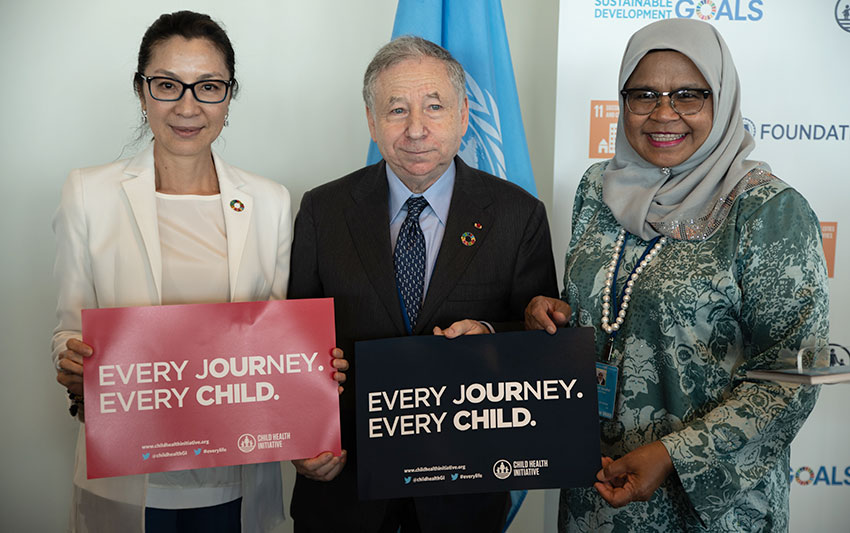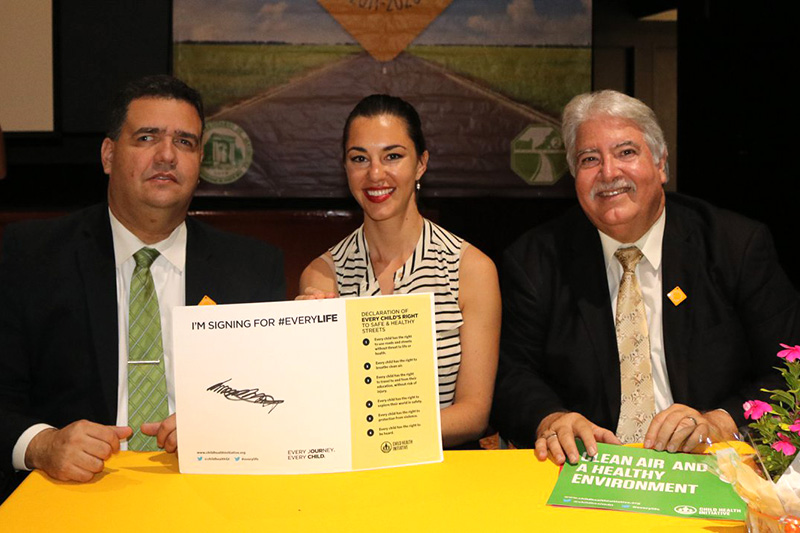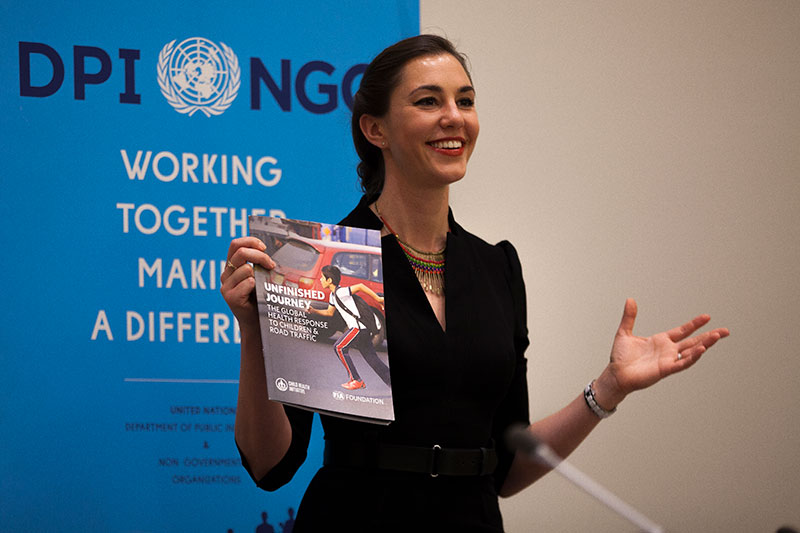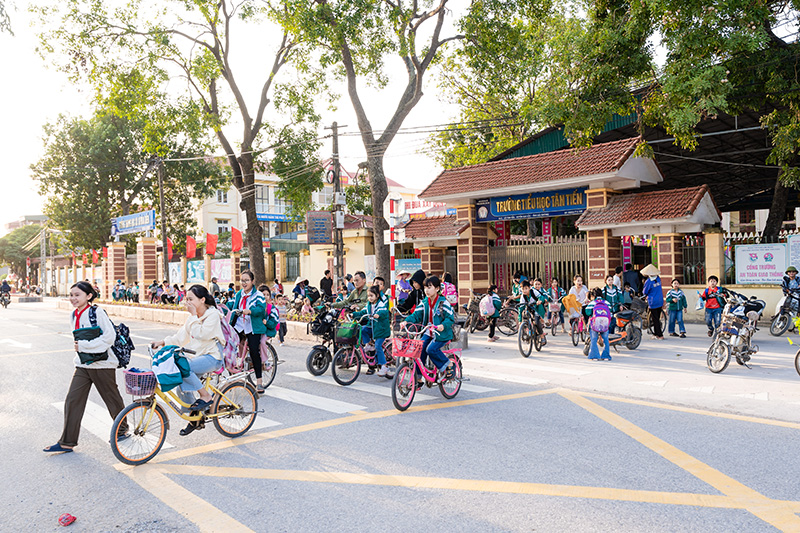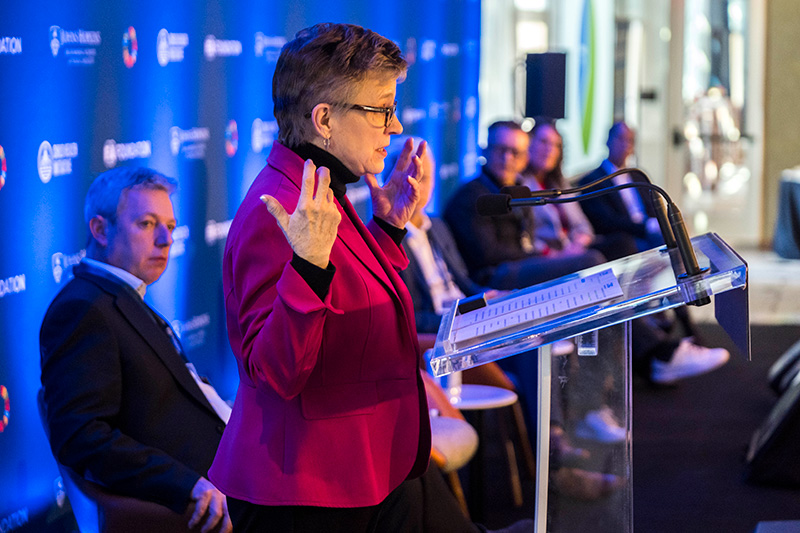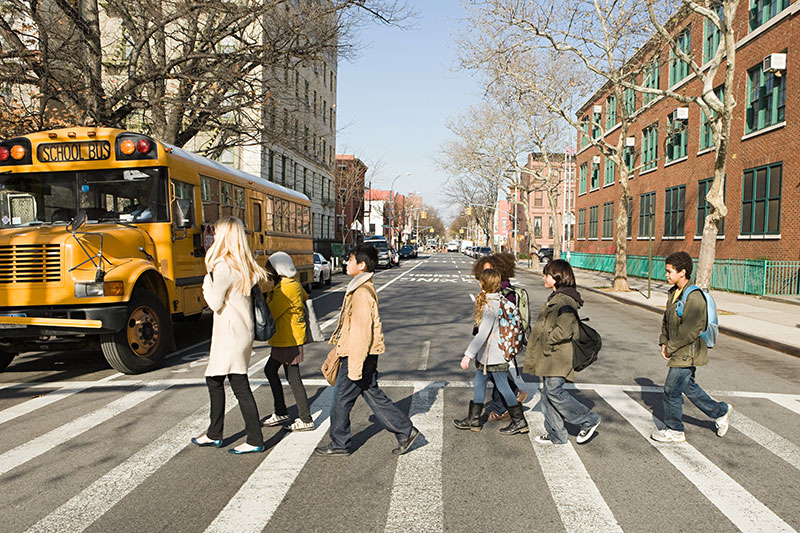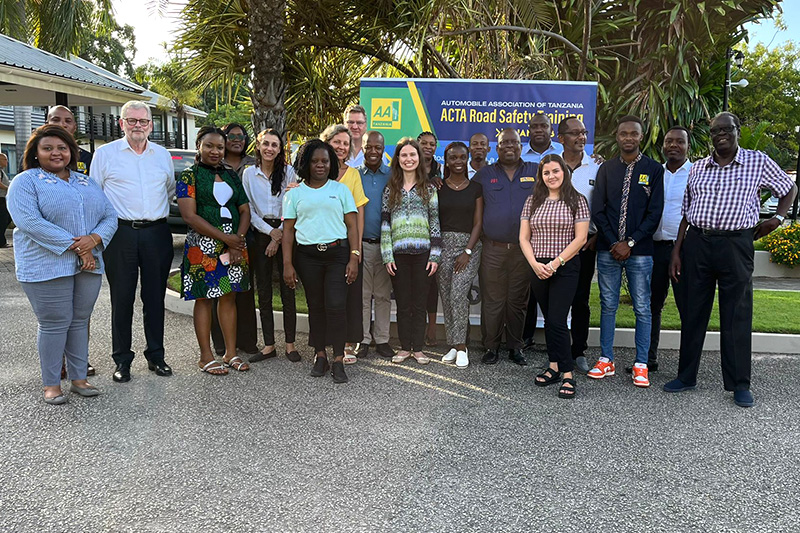Across the world campaigners tell policy leaders: This is my street
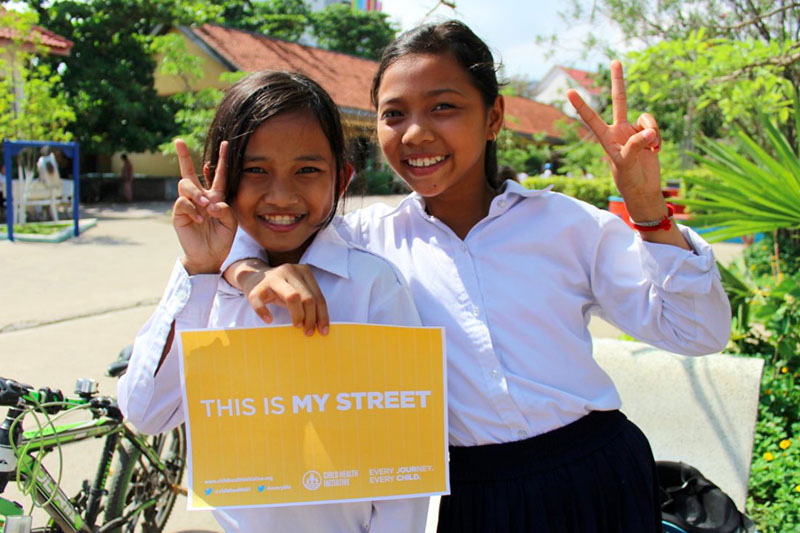

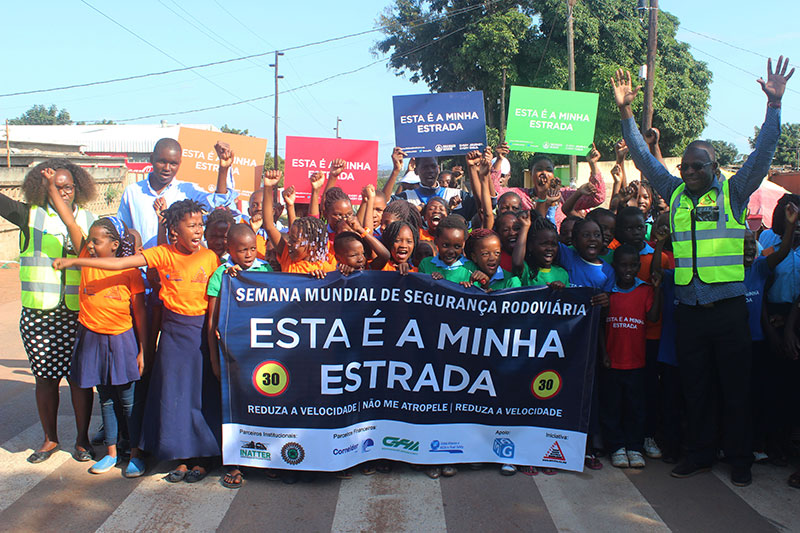
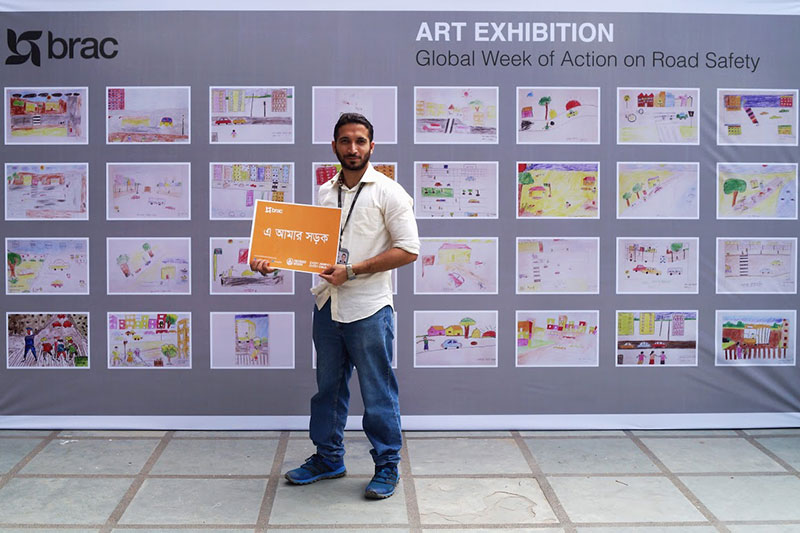
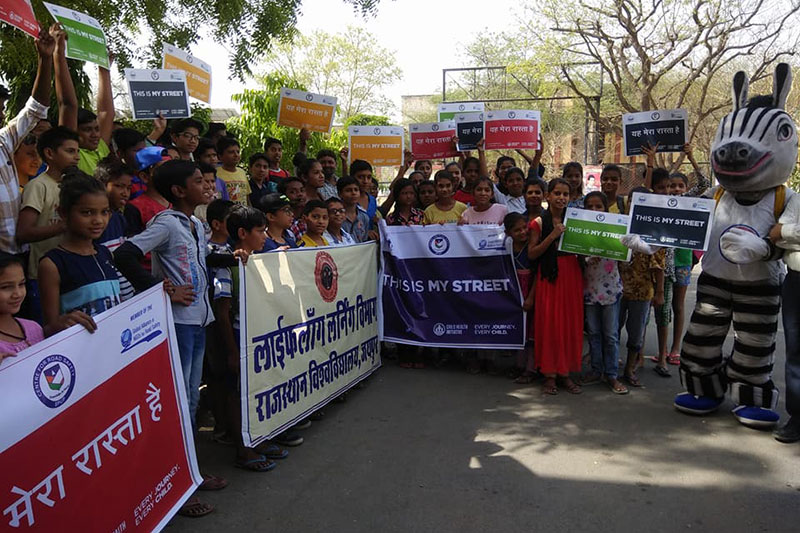
Communities around the globe have come together to demand healthy streets for all during a week of demonstrations, high-level engagement and youth led campaigning. The Global Week of Action, launched by the Child Health Initiative and coordinated by the Global Alliance of Road Safety NGOs, brought together road safety and environmental activists from over 20 countries to reclaim the right to use safe and healthy streets.
In the same week that the Child Health Initiative presented their new report Unfinished Journey – A Global Health Response to Children & Road Traffic at the World Health Assembly, the International Transport Forum, and the UN, campaigners took to the streets to demand action on the preventable public health epidemic caused by road traffic. 350,000 children and adolescents are killed by road traffic every year, and millions more suffer in cities around the world.
The message to the to the international community was a simple one: this is my street. Action focused on every young person’s fundamental right to access to safe and healthy streets. The campaign called for regional and national leaders to prioritise the majority of people who use streets, rather than car driving minorities. Safer roads and public spaces could reduce the devastating impact of road traffic on young people, and promote environments necessary for healthy living.
Young people have driven campaigning activities, leading demonstrations and marches for safer streets across Tanzania, India, Mozambique, Malaysia and Kenya. In many cases, school areas were pedestrianised as pupils reclaimed their school environments in a bid to demand streets that put their needs at the centre.
National and city leaders have been responding to the campaign and are joining thousands of activists by signing the #EveryLife Declaration. Commitments have been made by Ministers, Mayors and Councillors worldwide, notably Mansukh Laxmanbhai, Union Minister for Road Transport in India; Andreas Scheuer, German Federal Transport Minister; Gloria Hutt Hesse, Minister of Transport for Chile; Julie Ann Genter, Minister for Women, Transport and Health in New Zealand; Dr Chris Tufton, Minister of Health in Jamaica; and Dr Ashok Lahoti, Mayor of Jaipur.
Hundreds of children participating in the campaign created artworks to show leaders their vision for safe and healthy streets. In Belarus, children as young as 5 presented work with green areas around schools, safe crossings and traffic calming measures. In Bangladesh, the work of the participating schools was presented to city officials at an exhibition courtesy of BRAC World.
The campaign has been widely covered in the media, particularly in Malaysia, Argentina and India where children have been interviewed and their campaign activities feature on TV news reports.
A total of 22 NGOs took part in the global week of action mobilising hundreds of young campaigners, engaging high level leaders and gathering thousands of signatures for the #EveryLife Declaration worldwide.
